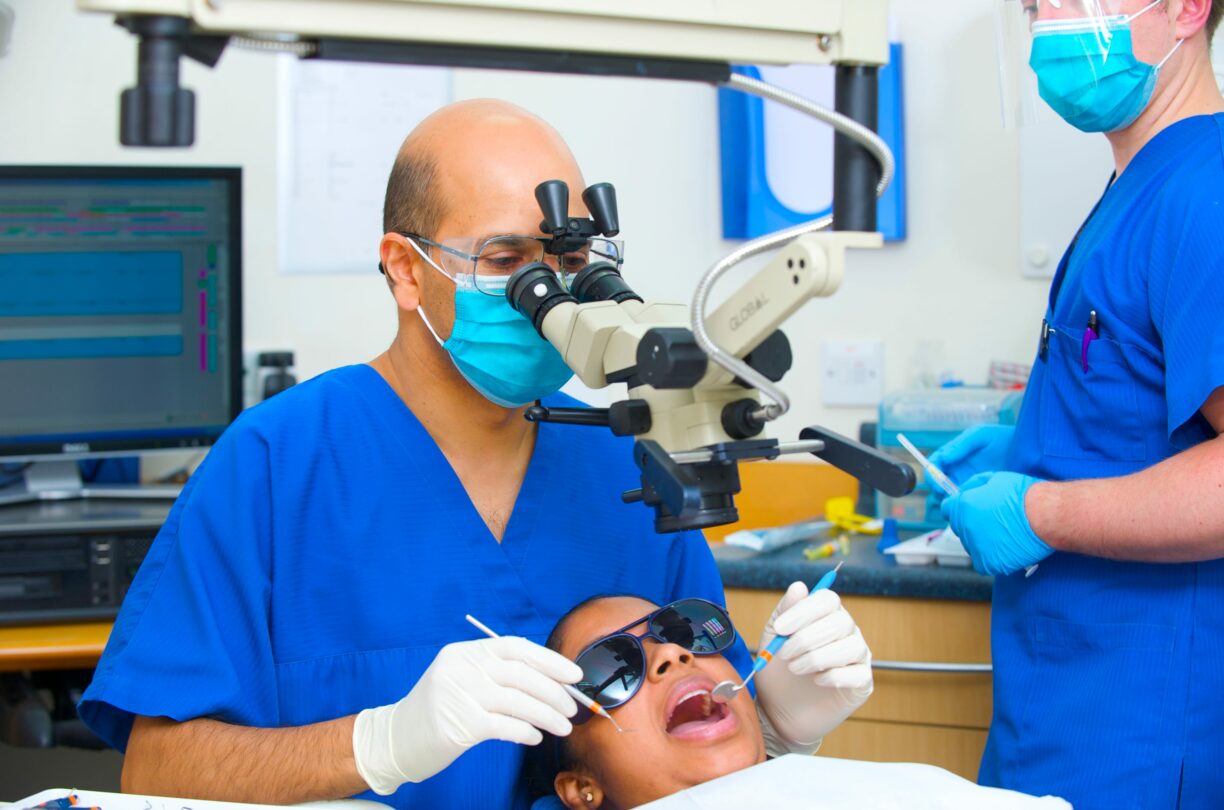Searches for vitamin D increased 26% at the start of COVID-19 with more and more people than ever are seeking their daily dose of vitamin D.
A spokesperson for Supplement Place has explained why we need vitamin D at this time of year.
Often referred to as ‘the sunshine vitamin’, vitamin D is essential to keep bones, muscles, and teeth healthy. A lack of vitamin D has been linked to various ailments from heart disease to weight gain and even depression.
Vitamin D overall doesn’t just help build strong bones, which is a common misconception. It helps regulate the immune system and the neuromuscular system, playing a huge role in the life cycle of human cells.
The human body can produce vitamin D, but only after skin exposure to sunlight (UVB rays). With the current lockdowns and reduced daylight hours, there is no surprise that many people are lacking in this vital vitamin.
Studies have also shown a strong link between vitamin D and mood. With many people suffering from SAD (seasonal affective disorder) during darker days.
The percentage of adults experiencing some form of depression has almost doubled since March. Whilst there is no specific evidence that vitamin D is a cure for anything*, it can be a tool to improve mood and feel stronger and more positive.
Various studies have shown a link between those suffering with depression and those with low levels of vitamin D, or that those with lower levels of vitamin D were at a much greater risk of depression. Other roles Vitamin D can play:
- Contributes to the maintenance of normal bones and teeth, muscle function, blood calcium levels and the absorption of calcium and phosphorus.
- Has a role in the process of cell division
- Helps to reduce the risk of falling associated with postural instability and muscle weakness. Falling is a risk factor for bone fractures among men and women 60 years of age and older
- Contributes to the normal function of the immune system
- Is needed for the normal growth and development of bones in children
Whilst the symptoms of a Vitamin D deficiency can be very subtle, the following may indicate the need for a diagnosis from your doctor.
- Tiredness/fatigue
- Slight pain in the bones
- Weakness in muscles, cramps or slight aches
- Mood changes, like depression
Whilst the UK government recommends taking 10 micrograms (400 IU) of vitamin D every day, scientific researchers and doctors have called on MPs to raise awareness of the benefit of consuming 4000IU daily to boost the immune system.
Whilst Vitamin D can be consumed by eating oily fish such as salmon, mackerel, and tuna as well as mushrooms and eggs, the levels of vitamin D present in these foods are low.
And with around one in five people in the UK having a vitamin D deficiency it has become necessary for some to rely on Vitamin D in supplement form.
Thought to be the most effective form of vitamin D is vitamin D3 (cholecalciferol). Vitamin D2 (ergocalciferol) is the form produced by plants, whereas D3 is usually found in animal sources, however, there are now vegan-friendly D3 supplements available from algae and lichen sources.
Vitamin D is fat-soluble, so it is best to take it with food that contains fat.
*There have been some reports about vitamin D reducing the risk of coronavirus (COVID-19).
However, there is currently not enough evidence to support taking vitamin D to prevent or treat coronavirus. https://www.nhs.uk/conditions/vitamins-and-minerals/vitamin-d/





